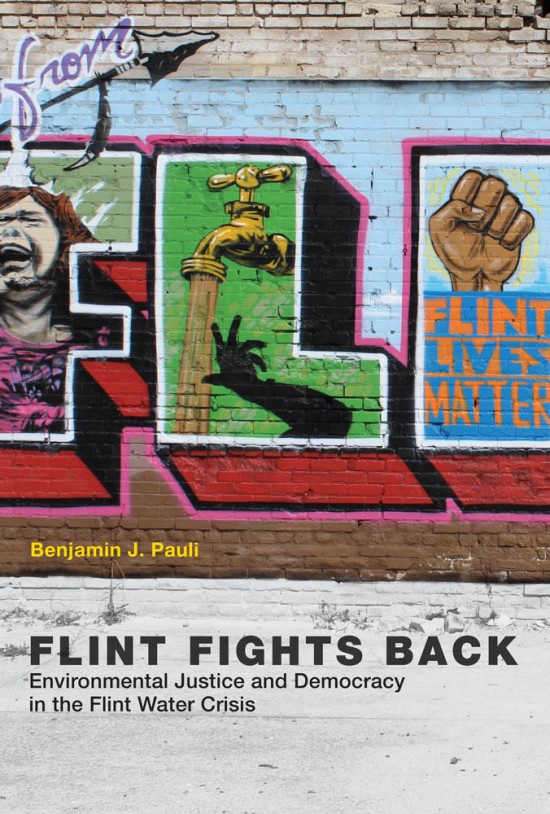By: Benjamin J. Pauli

This book provides a rich and compelling account of how ordinary citizens of Flint, Michigan, a predominantly African American city with a storied labor history facing decades of deindustrialization and disinvestment, fought to expand local democracy to respond to the water crisis that left families and especially children vulnerable to massive lead contamination and other pollution. In the context of state laws authorizing emergency manager takeovers of city governments, especially after 2011, they developed the organizational and narrative basis, as well as the alternative deliberative forums and citizen science, to challenge emergency powers and to mobilize “water warriors” into a “water movement” seeking “water democracy,” with a profound sense of environmental justice. Local democracy enriched options but was not without its own conundrums, including movement ambitions and radical forms that often outran realistic political opportunities and made it difficult to organize residents in effective and sustainable ways or to stabilize broader partnerships. The author offers a complex analysis that resists, as he puts it, a storybook account.
